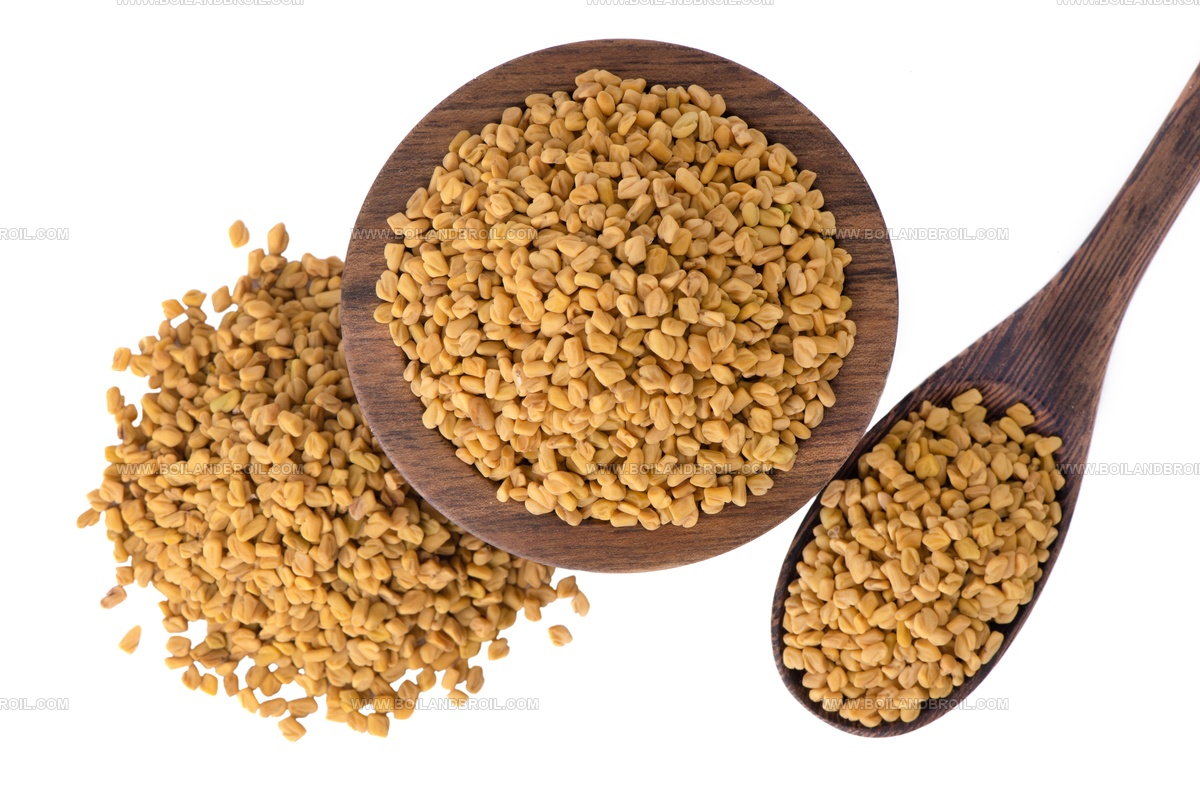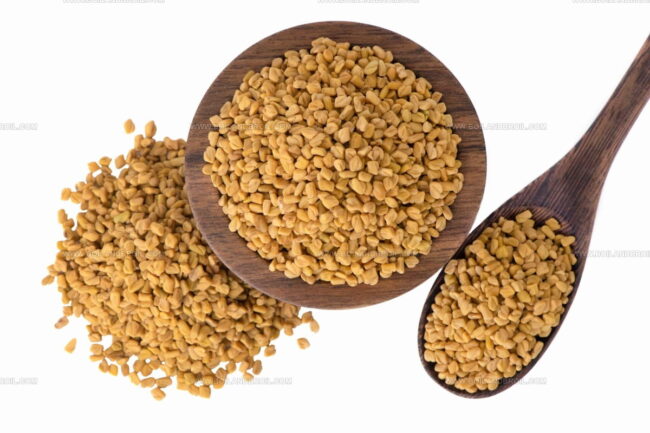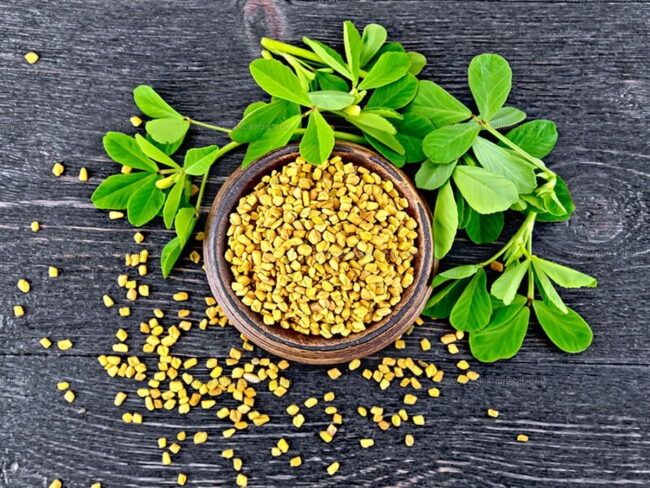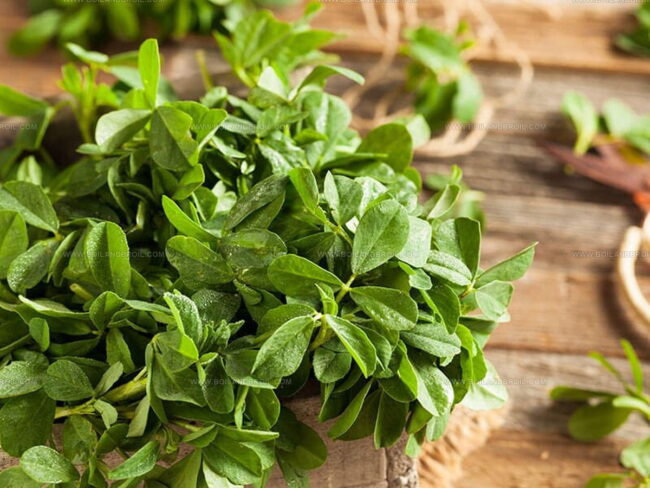What Does Fenugreek Taste Like? A Flavor Journey Worth Taking
Fenugreek's unique flavor profile has intrigued culinary enthusiasts and health-conscious individuals for centuries.
This aromatic herb carries a complex sensory experience that surprises many first-time tasters.
Some people find its characteristics both familiar and mysterious, sparking curiosity about its potential uses.
Ancient cultures have long appreciated fenugreek's distinctive qualities in cooking and traditional medicine.
Chefs and home cooks appreciate its ability to transform dishes with just a small amount.
Nutritionists recognize fenugreek as more than just a simple seasoning, highlighting its potential health benefits.
The journey of understanding fenugreek's taste involves exploring its nuanced characteristics and cultural significance.
Are you ready to unravel the sensory secrets of this remarkable herb?
What Is Fenugreek?
Fenugreek grows as a small plant with special seeds and leaves that people use in cooking.
Cooks sprinkle these seeds and leaves in warm stews and curry dishes from regions like India and Middle East.
Plants in this group look similar to clover and share roots with other crops such as alfalfa, chickpeas, and peanuts.
Seeds carry strong flavors while leaves bring extra taste to meals.
When people smell or taste fenugreek, they notice a hint of maple mixed with soft bitter notes.
People add these plant parts to many different products like food, drinks, and even cigarettes to make things taste better.
Taste of Fenugreek
Fenugreek leaves smell sweet like maple syrup when uncooked.
Cooking changes the taste, making it less sharp.
People sometimes say it tastes like basil, but that's not right.
Fenugreek leaves and seeds have a mild herb-like flavor with a nutty and slightly bitter edge that makes it popular in cooking.
Cooked fenugreek feels similar to celery in taste.
Fenugreek works great as a spice and offers a unique flavor profile.
Cooking helps it add a soft bitter note and complex sweetness to meals.
Health Benefits of Fenugreek
Fenugreek is a popular herb and spice that offers several health benefits, though research is still ongoing and results can be mixed:
Blood Sugar Control
Fenugreek seeds may help lower blood sugar, especially in people with diabetes or prediabetes. .
Some studies show the seeds can block carbs from being absorbed in the gut, helping to keep blood sugar steady. .
A long-term study found people with prediabetes who took daily fenugreek supplements had a much lower risk of developing type 2 diabetes.
Breast Milk Production
Fenugreek is often used by new mothers to boost milk supply. Some research shows that drinking fenugreek tea can help mothers produce more milk, and babies may gain weight faster as a result.
Menstrual Cramps
People have used fenugreek to ease menstrual pain, but scientific evidence is limited, and experts aren’t sure about its long-term safety for this purpose.
Male Libido
Some believe fenugreek helps increase male sex drive and testosterone, but studies show mixed results. Some men report better desire, but changes in testosterone may not last.
Weight Loss Support
Fenugreek may help curb appetite and make you feel full, which could help with weight control and prevent overeating.
While fenugreek shows promise in many areas, more research is needed to know how well it works and how safe it is for long-term use.
Side Effects of Fenugreek
Safety matters when considering fenugreek supplements.
Health experts at the Food and Drug Administration see fenugreek as generally safe.
Side effects can include stomach problems, feeling dizzy, and extra gas when people take too much.
Blood sugar levels might drop significantly with large doses.
People taking diabetes medicine should talk with doctors before using fenugreek because it could create dangerous low blood sugar situations.
Blood potassium levels could also decrease with fenugreek use.
Individuals taking water pills or medications that reduce potassium should be careful about using this supplement.
People with specific allergies need extra caution.
Anyone allergic to peanuts, chickpeas, or coriander might experience cross-reactive allergic responses.
Medical records show rare cases of health problems from consuming extremely high amounts of fenugreek.
Best Ways to Take Fenugreek
Health experts recommend talking with your doctor before starting herbal supplements.
Seeking advice from a specialist who knows about health supplements could help you make smart choices.
Follow instructions on fenugreek product packaging carefully.
Your doctor, pharmacist, or healthcare professional can provide specific guidance about proper usage and dosage.
Medical professionals suggest avoiding multiple fenugreek formulations at the same time.
Mixing different types like tablets and liquids might increase risks of taking too much.
Monitoring your health condition is important when using fenugreek.
Should symptoms remain unchanged or worsen, contact your healthcare provider immediately.
Medical research indicates fenugreek can impact blood clotting processes.
Patients planning surgery or dental work should stop taking fenugreek two weeks before scheduled procedures to minimize bleeding risks.
Keep fenugreek supplements in a cool, dry place at standard room temperature.
Protecting the product from heat and moisture helps maintain its effectiveness.
Fenugreek Uses in Cooking
Fenugreek leaves work well in many dishes like pasta, sauces, coffee stand-ins, chutneys, and salads.
Chefs prepare this herb carefully to bring out a smell similar to basil.
People often use fenugreek in soap making, but it brings deep and interesting flavors to meals.
Cooks enjoy working with this spice because it adds unique taste to different recipes.
Trying it in home cooking helps people understand its special qualities.
Seeds from this plant also show up in beauty products.
Fenugreek typically carries a bitter taste and works as a replacement for similar ingredients.
Stores and farmers markets often stock celery leaves that can work as another option.
Kitchens across India, Ethiopia, and Turkey welcome this herb in many recipes.
While leaves work great in cooking, seeds pack a nutty and celery-like flavor.
Cooks sometimes grind seeds into powder and mix them with other ingredients.
Some recipes even use fenugreek instead of ground hazelnuts for added depth.
How to Store Fenugreek
Dried leaves and seeds stay fresh when stored in a sealed container with other spices, protected from heat and moisture, lasting several months.
Recipes calling for powdered or crushed fenugreek seeds work best when you buy whole seeds and grind them as needed, avoiding pre-ground powder that quickly loses its strength since you typically use small amounts of fenugreek.





Jack Sullivan
Founder & Culinary Storyteller
Expertise
Single-recipe development with a narrative approach, Culinary storytelling and food history, Seasonal and regional ingredient utilization, Home cooking techniques adapted for modern kitchens
Education
New England Culinary Institute (Montpelier, VT)
Certificate in Culinary Arts
Focused on farm-to-table cooking, sustainable practices, and modern plating techniques.
Asheville-Buncombe Technical Community College
Associate Degree in Culinary Arts
Emphasized Southern Appalachian cuisine and local ingredient sourcing.
Jack grew up surrounded by smoky skillets and handwritten recipes in the mountains of North Carolina. His roots in Appalachian cooking shaped the way he sees food – as something that connects people, tells a story, and holds meaning.
With hands-on training and a background in sustainable, regional cooking, Jack started Boil And Broil to make meaningful meals more accessible. He’s all about one-dish recipes that are simple to follow but rich with flavor and history.